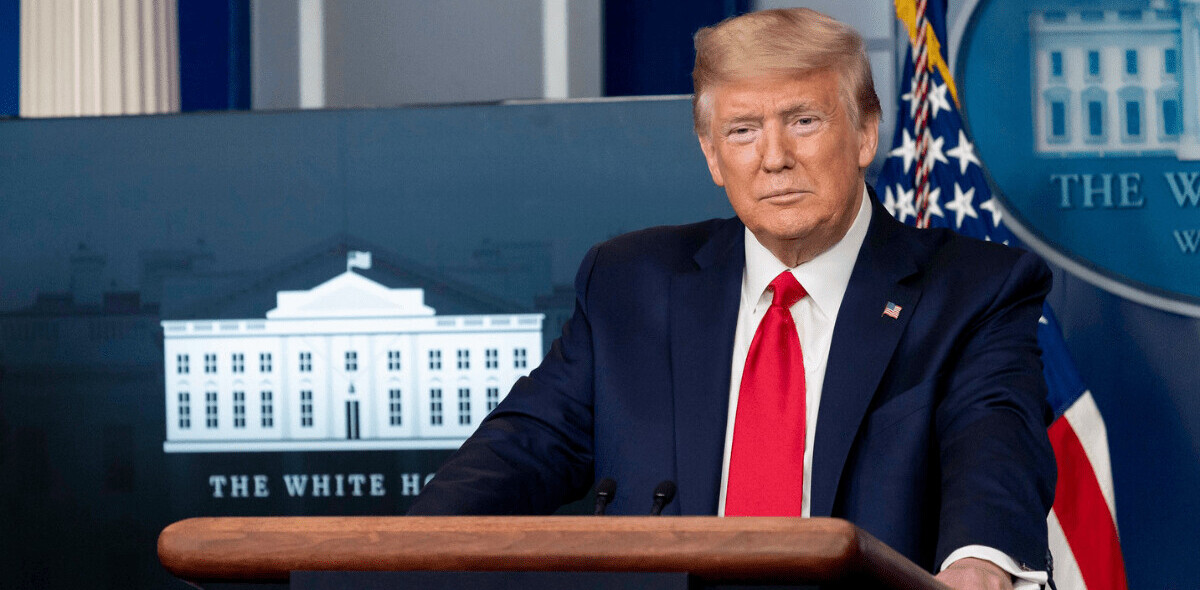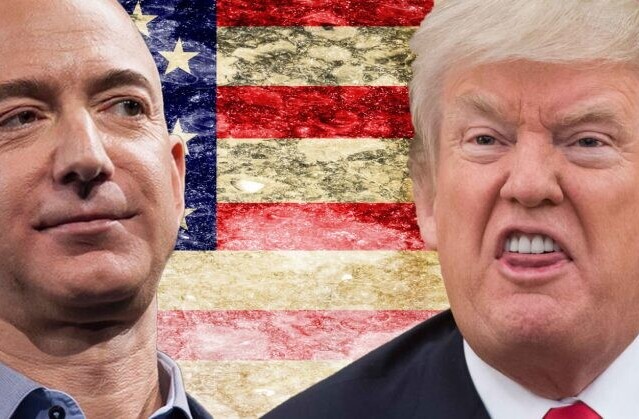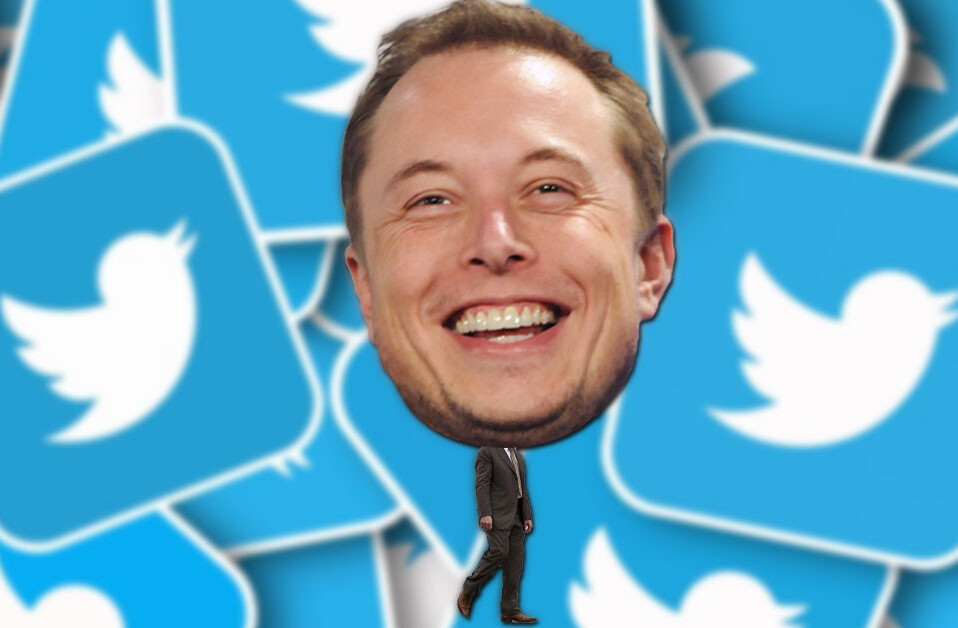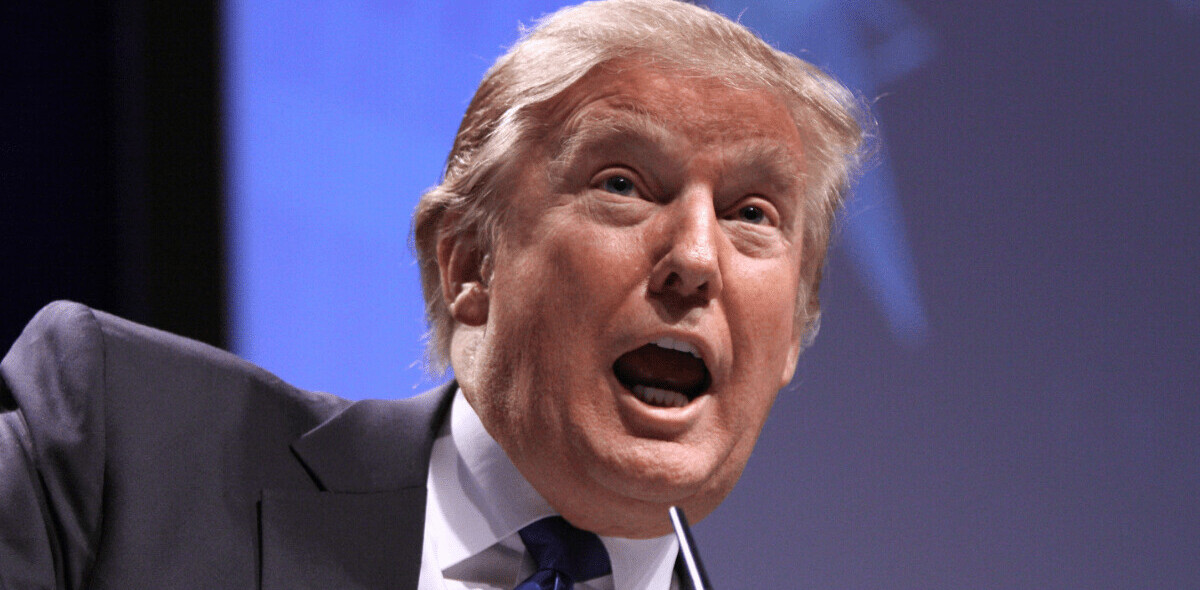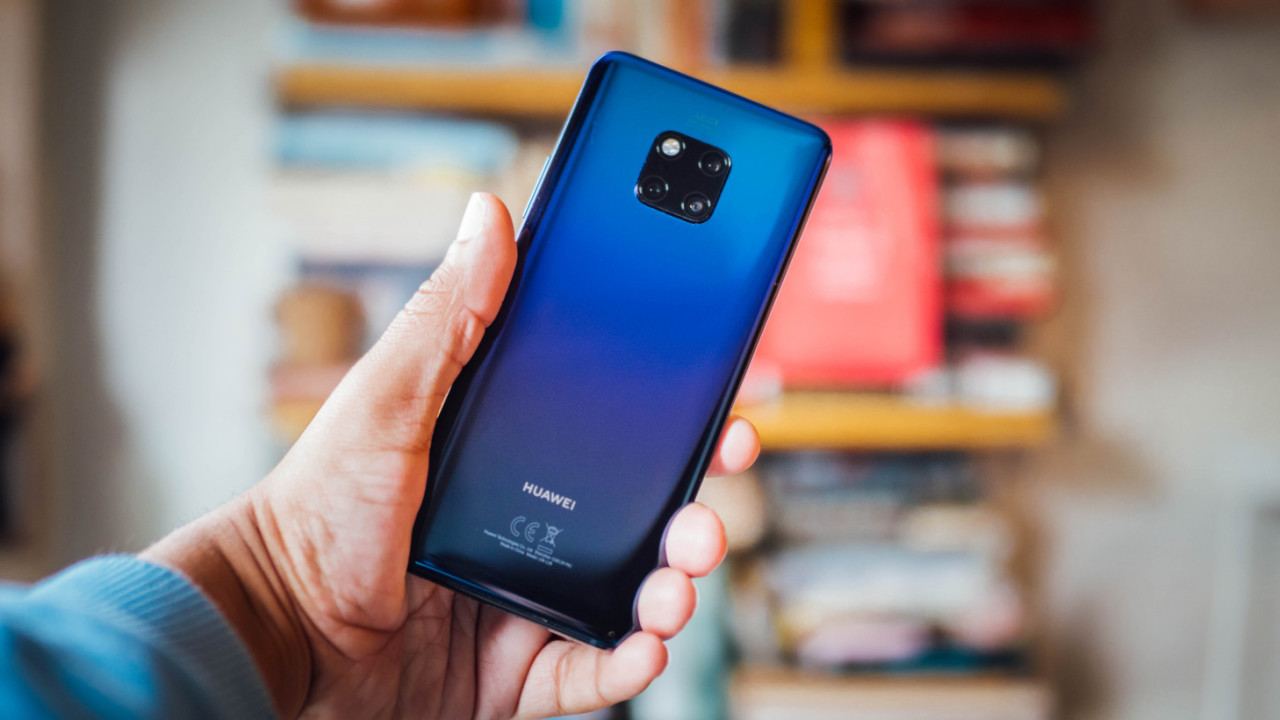
Huawei has had a rollercoaster month. First, the company was placed on an entity list, prohibiting US companies from doing business with it. Then, this weekend, Donald Trump eventually reversed course in a face-to-face meeting with Chinese premier Xi Jinping at the G20 Summit in Osaka, Japan.
This is excellent turn of events for Huawei. Just a few weeks ago, it faced oblivion. The embargo was an existential threat for the company, preventing it from sourcing chipsets, mobile modems, and even the underlying ARM instruction sets used by its HiSilicon Kirin processors. Now, it’s able to resume as it previously did.
Huawei doesn’t emerge entirely unscathed, however. It’s suffered tremendous reputational damage, which will take years to reverse. The company, which quickly obtained market share in Europe and Canada thanks to its (frankly, excellent) flagship phones, now looks like an unknown quantity. Consumer doubt about the long-term viability of Huawei will linger.
But I can’t help but feel as though the biggest loser from this spat will be Silicon Valley, however, which was a major supplier to Huawei.
This incident has shown that Huawei’s biggest vulnerability is the globalized nature of its supply chain. The company was brought to its knees, all because it sourced much of its components from Western firms like Intel, Qualcomm, Google, and ARM. Although it’s been given a reprieve, you can guarantee China’s tech ecosystem will be working extra time to ensure that it never again finds itself in such a precarious situation.
On a very basic sense, it’ll mean that in the coming years, Chinese firms will be wary of sourcing components and technology from foreign firms.
Looking at the smartphone sector, you’ll see China is a dominant player. That’s thanks to firms like Huawei and BBK Electronics (which owns Oppo, Redmi, and OnePlus). Each year, they spend billions on components and licensing. As domestic alternatives catch up with their international rivals, you can expect most of that spending to be directed inward.
Western technology firms can expect to lose billions in revenue, all because President Trump decided to use Huawei as a pawn in a trade war.
Of course, that is only a viable proposition if there are domestic products as sophisticated as their Western counterparts. Right now, that’s not the case. There’s no real alternative to ARM’s chipsets or Google’s Android, but you can guarantee China’s legion of highly skilled R&D professionals are working on it.
Frankly, China’s been gearing up for this for a long time. In 2015, the previous Chinese premier, Li Keqiang, announced the “Made in China 2025” initiative. This program would see China pivot from being a consumer of high-technology products (like aircraft and semiconductors), to actually building and designing them by 2025. The Huawei embargo, combined with the similar embargo suffered by rival ZTE in 2016, will remind China’s leadership of the need to keep to this deadline.
That means more competition for Western firms, an end to some monopolies, and crucially, an increasingly affluent market of over one billion people closed off.
While this situation was probably inevitable, you can argue the Trump administration’s attacks on Huawei have sped up this process massively.
Any honestly? I’ve got mixed feelings. On one hand, competition is good. It inspires technological innovation, which benefits consumers and businesses.
But on the other hand, I worry that we’re witnessing the twilight years of technological globalization. I think there’s something really beautiful in knowing that something as basic and commoditized as a smartphone is the product of many different countries. It’d be sad to see countries retreat behind their own borders, and that international co-operation to end.
Get the TNW newsletter
Get the most important tech news in your inbox each week.
